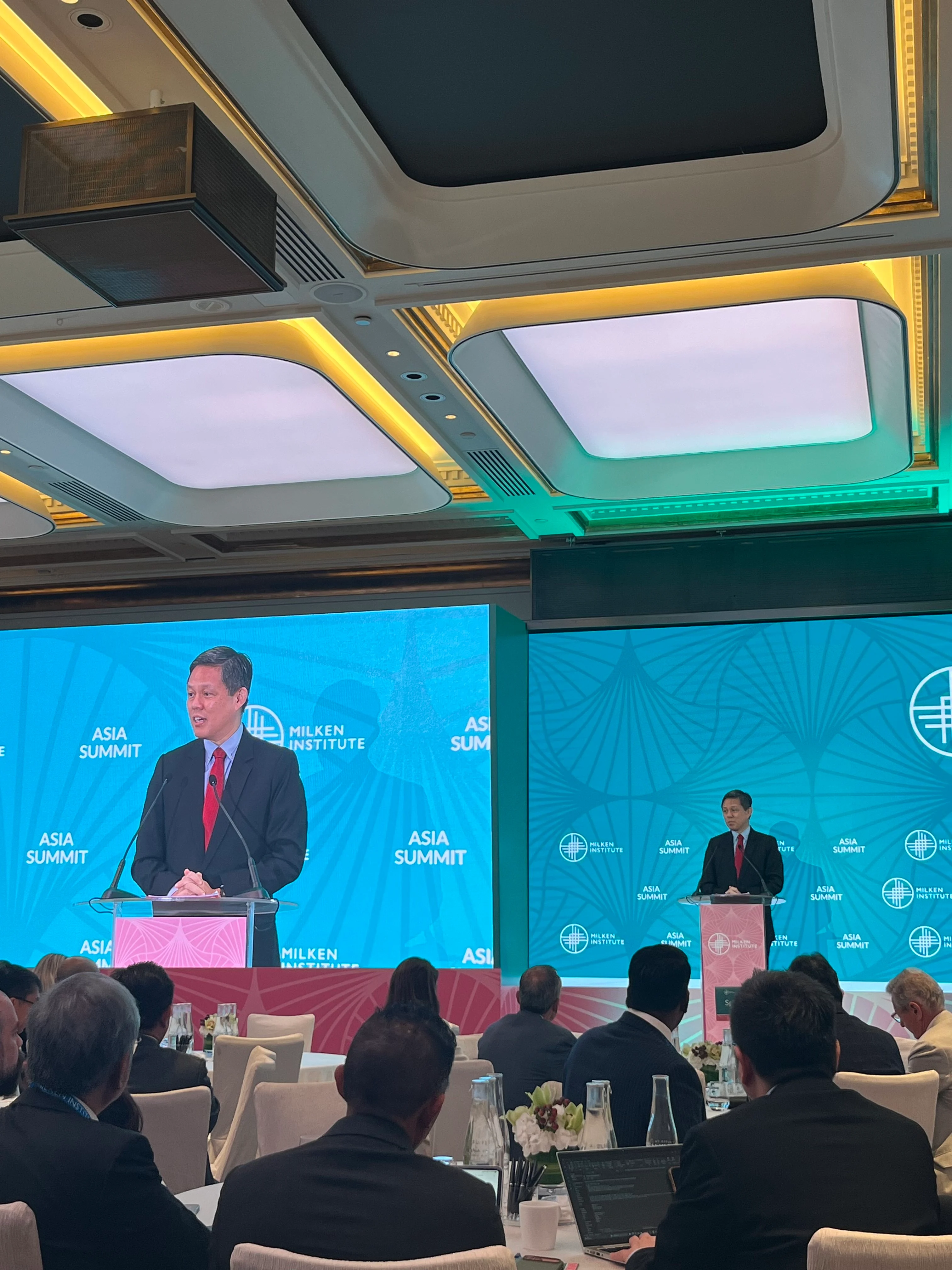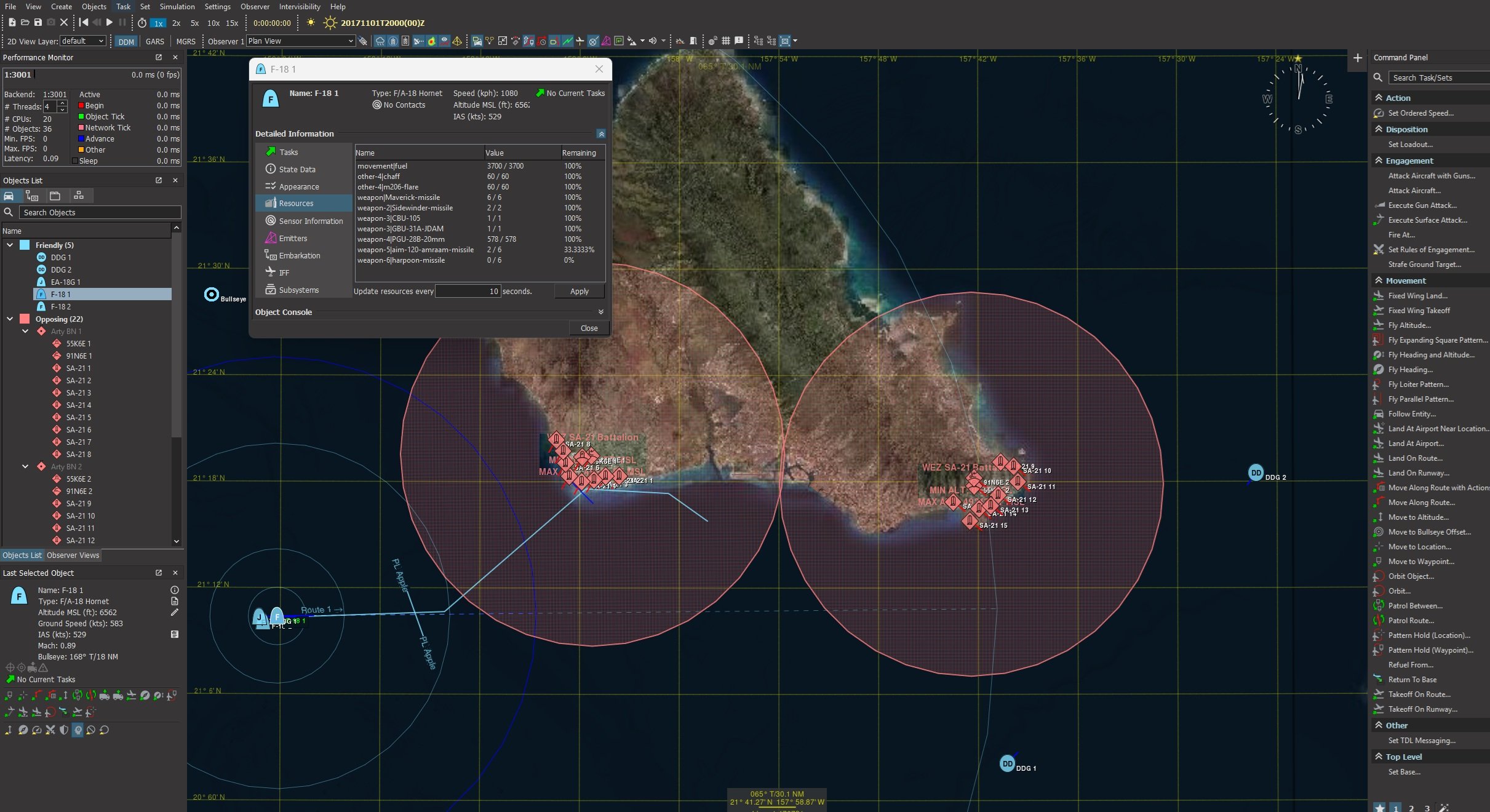By Jean Iau
Copyright scmp

Corporate leaders should reject rising protectionism and nativist instincts by taking an active role in shaping global integration, Singapore’s Defence Minister Chan Chun Sing said on Wednesday, as top figures at the Milken Institute Asia Summit warned of risks from technological disruption, geopolitical fragmentation and zero-sum thinking.
Opening the summit in Singapore, Chan said business leaders should not be bystanders in times of upheaval but instead help steer political discourse and economic policy in their home countries.
“You will have the responsibility, you will also have the agency to try to counterbalance the worst of the nativist instincts that come from the uncertainties that our people are facing,” he told a packed room of executives and policymakers.
The annual summit, which runs until Friday, involves more than 1,500 top-level participants, including chief executives, government officials, investors and entrepreneurs.
Chan’s remarks set the tone for the three-day gathering, where other speakers on the first day – including Sea Group founder Forrest Li and veteran diplomat Bilahari Kausikan – echoed the call for collaboration in an increasingly fractured world.
Singapore’s defence minister warned that if firms simply sought to maximise their own short-term gains amid geopolitical fragmentation, the broader economic system would suffer.
“Then it will be what we call the prisoners’ dilemma, where each and every one tries to optimise our own outcome, but we end up with a worse collective outcome,” Chan said.
He also urged businesses to invest in their people in light of technological disruptions and said this was something his government was doubling down on as well.
“It is in our own enlightened self-interest that we grow our people, so that people, workers, who are likely to be displaced by the technological disruptions or the fragmented global system, can have the confidence and the hope that they will be taken care of,” Chan said.
He also assured that Singapore would continue to offer political stability and long-term policies for businesses and stand firm on the rule of law while ensuring the rules stayed relevant.
Chan argued that it was not inevitable that the world would end up becoming more fragmented, or that if leaders sat idly by, the world would go back to being more integrated.
“But I do believe that between these two extremes, we have both responsibility and agency to shape the world that we want to see,” he said.
‘Not a zero-sum game’
Echoing Chan’s message during a panel discussion about collaboration in the age of artificial intelligence, Sea Group founder Forrest Li described technology as a “key driver of economic growth”, saying the world was at the cusp of a new industrial revolution driven by AI.
When asked whether the technology would lead to redundancies, Li said the company was currently focused on operations and using AI to increase productivity, listing AI customer service chatbots as an example.
He said that Shopee had received millions of inquiries from customers about their orders, and most of them were served by AI with a satisfaction rate comparable to the service provided by human staff attending to customers. The company is also using AI bots to train these staff, such as by role-playing a difficult customer.
It’s not like a zero-sum game. And I believe technology is a big driver of that
Forrest Li, Sea Group founder
“It’s all about creating value. It’s not like a zero-sum game. And I believe technology is a big driver of that,” he said.
Li expressed optimism that technological advancements, like AI, would make life easier on an individual level.
“[AI will] create a lot of value and make the pie much, much bigger, rather than always [being] a country versus country, market versus market, zero-sum game, and [it will] also make the technology applications more accessible to everyone,” he said.
Shifting global order
Washington’s zero-sum trade policy was discussed at length during a panel on how Asian countries would react to the void left on the global stage by the United States.
Bilahari Kausikan, Singapore’s former permanent secretary for foreign affairs, said the US had repeatedly redefined the rules of global engagement when it suited its interests and would likely continue to do so.
He cited past moves such as Washington’s 1971 decision to end the dollar’s convertibility to gold, then president Richard Nixon’s 1972 visit to China and the withdrawal of American troops from Vietnam.
“We have adapted before and we will adapt again,” said Kausikan, a former permanent secretary of the foreign affairs ministry. He added that the key was that Singapore and most other Asean countries had “always dealt with the US on the basis of common interest, not the illusion of common values”.
“You’re going to see… eclectic combinations of countries forming around certain issues, reforming around other issues, in a more fluid and dynamic architecture for this region,” he said, noting that these alliances would not displace multilateral institutions but overlay existing ones.
Kausikan said it was wrong to see multilateralism as a kind of panacea, and it was just one device in a toolkit of statecraft. Another tool was the use of force, and he expected countries to spend more on defence.
Asked if collective defence arrangements would take shape in the region, Kausikan said this was unlikely. “The hard fact is, in Asia, many of our main threat perceptions are [of] each other.”



